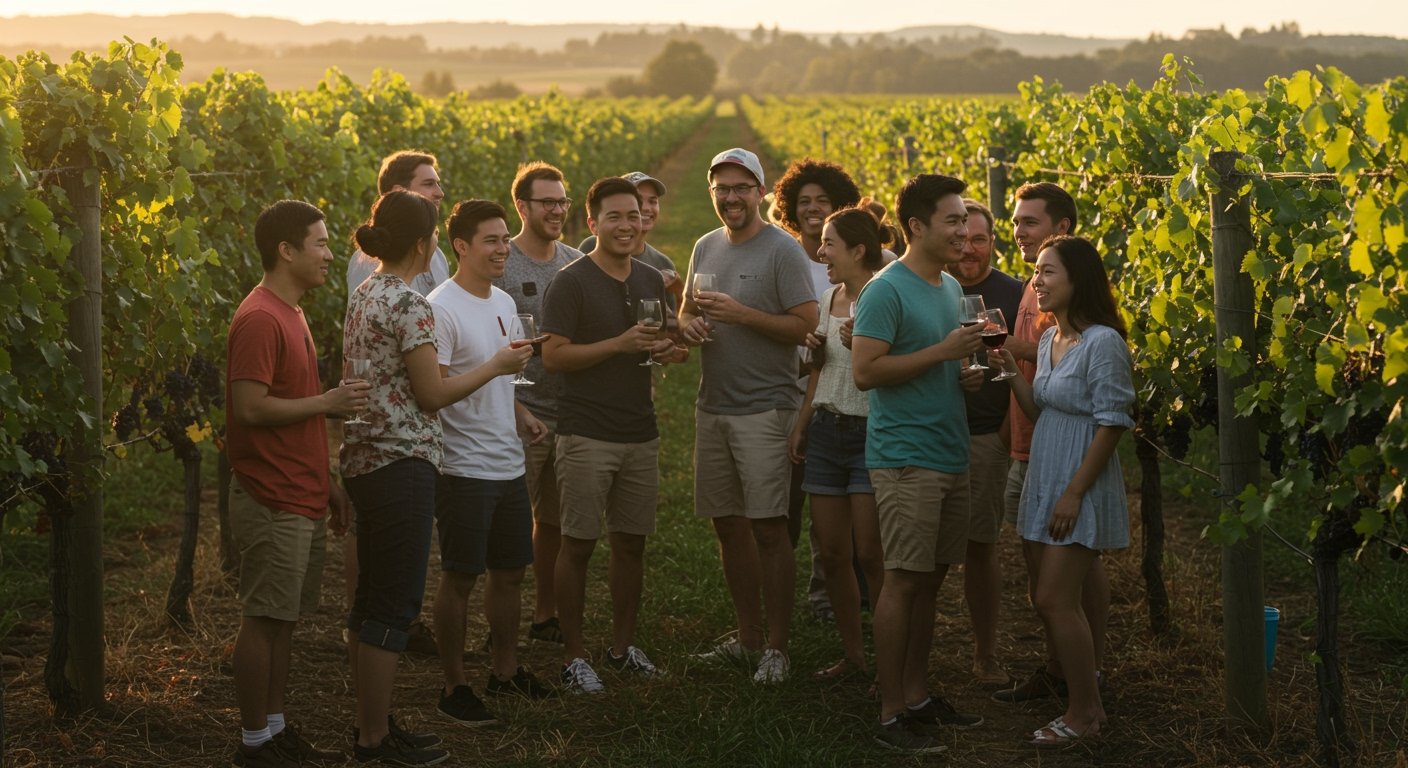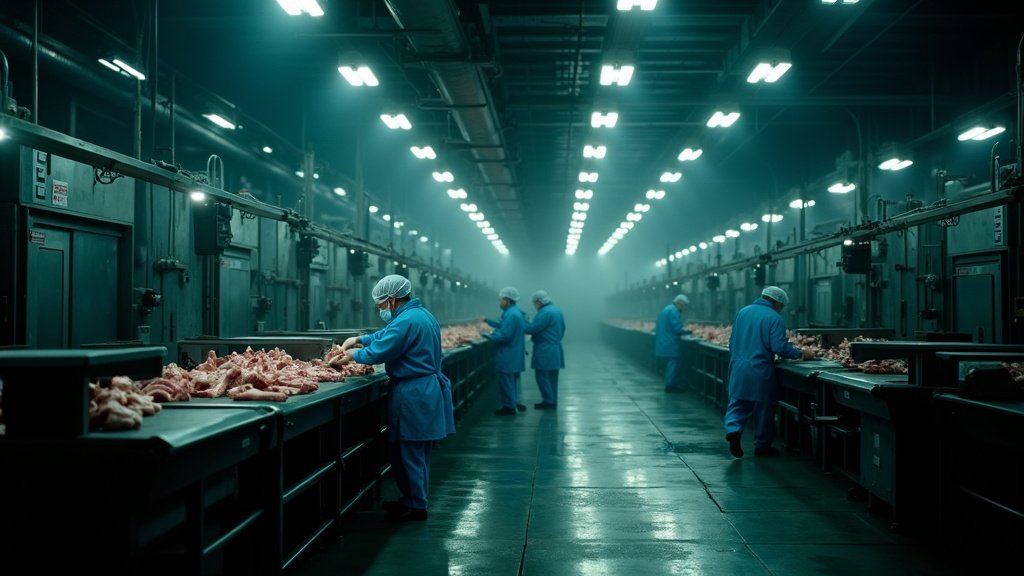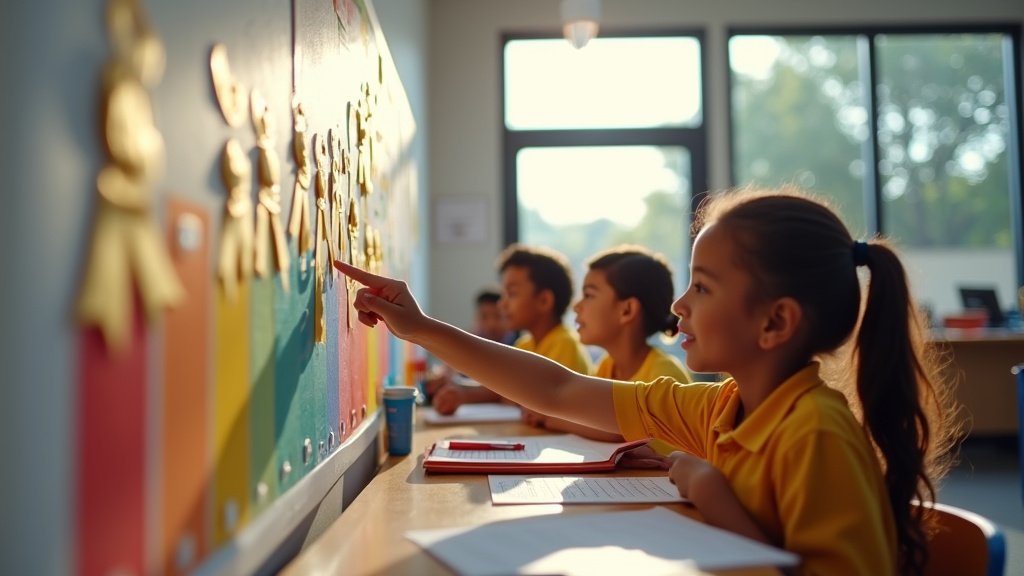Dallas, Texas – On July 4, 2025, as the United States marked its annual Independence Day, many citizens grappled with the complex interplay between traditional patriotism and contemporary societal challenges. This tension was notably articulated in an opinion piece by columnist Jenny Block, published in the Dallas Voice on that date.
Block’s column delves into the inherent difficulty of fully embracing conventional patriotic symbols, rituals, and songs when faced with the perception that fundamental freedoms are undergoing erosion within the United States. This sentiment, she notes, is particularly acute in Texas, a state she describes as not always being demonstrably friendly or welcoming to the LGBTQ+ community.
Shifting Perspectives on Patriotism
The Fourth of July traditionally serves as a national celebration of independence, liberty, and unity. However, Block’s perspective highlights how the socio-political climate can cast a shadow over these ideals for some individuals and communities. Her reflection underscores a growing sentiment among certain segments of the population who feel increasingly alienated from mainstream patriotic expressions due to concerns about civil rights, legislative actions perceived as discriminatory, and other factors impacting personal liberties.
In Texas, specifically, Block’s commentary resonates with the experiences of LGBTQ+ residents who have navigated a landscape marked by legislative debates and social challenges that have, at times, felt counter to the principles of equality and freedom for all. This backdrop, she argues, makes the uncritical adoption of traditional patriotic fervor feel disingenuous or even painful for those who perceive their own freedoms as being curtailed or under threat.
The Focus on Community and Connection
Rather than attempting to force a connection with a national celebration that feels fraught with difficulty, Block proposes an alternative approach: a deliberate focus on celebrating community, mutual support, and the enduring presence of positive elements in life. Her column pivots from the potentially challenging national narrative to the tangible, local, and personal sources of light and connection.
This alternative celebration, as described by Block, centers on appreciating “good people, places, food, art, nature, and moments of joy.” It is a call to find and celebrate the pockets of warmth, support, and authentic connection that exist within one’s immediate environment and relationships. This perspective suggests that true resilience and a form of ‘patriotism’ can be found not just in national symbols, but in the strength and vitality of local communities and personal bonds.
Personal Journeys and Local Celebrations
Block illustrates this shift in focus with personal anecdotes from her recent experiences. She recounts visiting Big Oak Flower Farm, highlighting the simple joy and connection found in nature and local enterprise. Another significant experience she shares is attending the Queer Wine Fest in McMinnville, Oregon. This event, founded by winemaker and former McMinnville Mayor Remy Drabkin of Remy Wines, serves as a potent example of community-specific celebration.
Her participation in the Queer Wine Fest underscores the importance of creating spaces where specific communities can gather, celebrate their identities, and find solidarity. It is a tangible manifestation of the alternative celebration Block advocates – one rooted in shared experience and mutual support.
Furthermore, Block emphasizes the significance of actively supporting queer-owned businesses. She specifically mentions using the transportation company First Nature Tours during her trip, noting it as a conscious choice to support the community itself. This action, she argues, is vital not just during designated periods like Pride Month, but as a consistent practice throughout the year. Supporting these businesses becomes a form of sustaining the community infrastructure and fostering economic empowerment within it.
Finding Light in a Challenging Landscape
Block’s central message is ultimately one of hope and agency. In the face of perceived darkness or difficulty on a national scale, she encourages readers to actively find and create light and connection. The act of celebrating community, supporting local and queer-owned ventures, and appreciating the good things in life becomes a form of positive resistance and resilience.
Her concluding call to action is both poetic and empowering: she urges readers to “be sparklers.” This metaphor encourages individuals to shine brightly with their own unique light, to contribute positively to their surroundings, and to celebrate themselves and others authentically. It reframes the concept of celebration from a potentially alienating nationalistic display to a deeply personal and communally oriented practice of finding and spreading joy and connection, even when the broader climate feels challenging.
In sum, Block’s column published on July 4, 2025, in the Dallas Voice offers a thoughtful examination of how individuals navigate complex national holidays amidst evolving societal landscapes. It proposes that for many, particularly within communities facing specific challenges, the true spirit of independence and resilience is best celebrated not through traditional patriotic displays, but through the strength, support, and vibrant connection found within their own communities.






